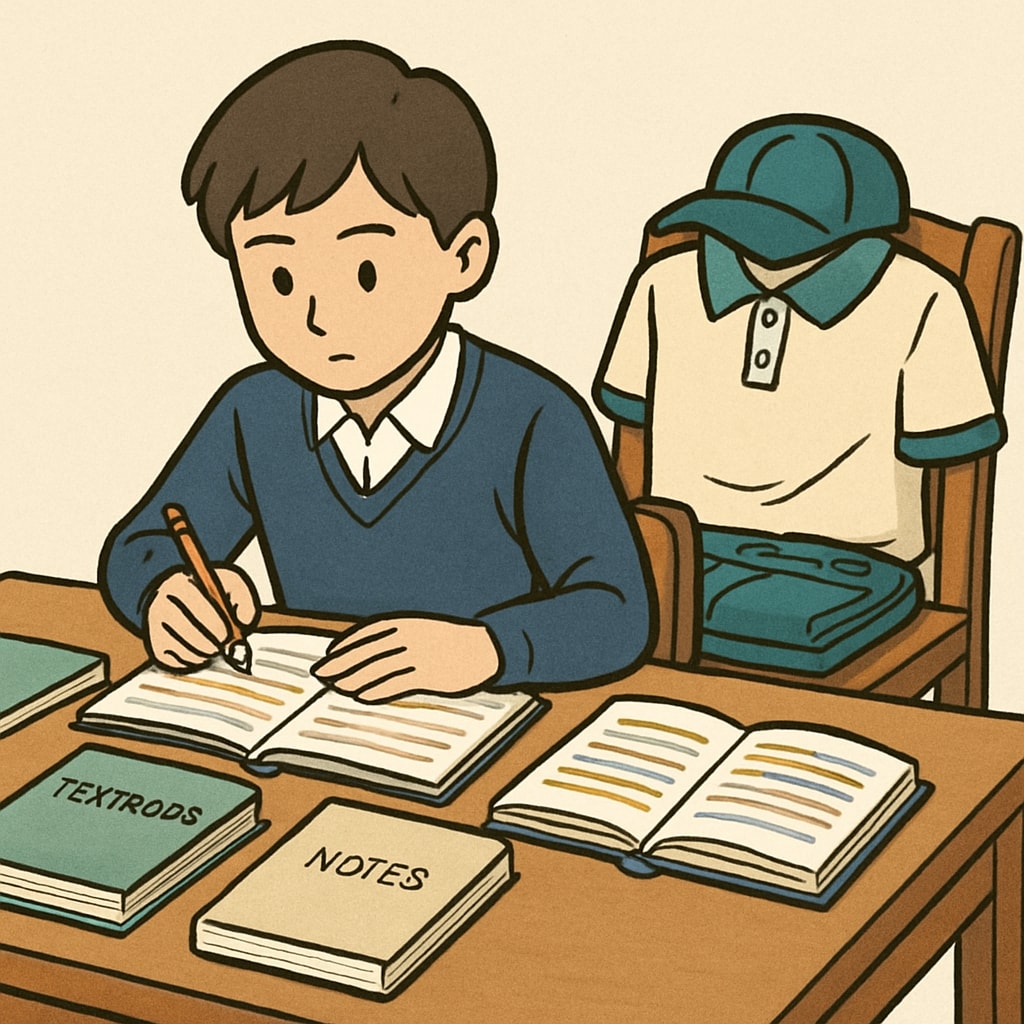Deciding whether high school students should work to earn pocket money is a common dilemma for families. While part-time jobs can teach valuable life skills and promote independence, they may also challenge students’ ability to balance academics and personal growth. This article examines the pros and cons of high school students working, explores the impact on their studies, and provides actionable tips for families navigating this decision.

Benefits of High School Students Working
Part-time jobs can offer several advantages to high school students. First, they provide an opportunity to develop essential life skills such as time management, teamwork, and financial literacy. Learning to manage money responsibly is especially important for teenagers, as it prepares them for future responsibilities. Additionally, working can boost self-esteem and independence, helping students transition into adulthood more confidently.
For example, studies conducted by Britannica suggest that financial literacy gained through earning and saving money early can significantly contribute to long-term success. However, families must carefully weigh these benefits against potential drawbacks, which we’ll explore next.
Challenges of Balancing Academics and Work
While working part-time offers growth opportunities, it also introduces challenges. High school students are already under significant pressure to perform academically, and adding work obligations can lead to stress and fatigue. For some students, this extra workload may negatively impact their grades and overall school performance.
Moreover, research from Wikipedia highlights the importance of maintaining a healthy work-life balance, especially for young individuals. Parents and students must evaluate whether the student can handle both commitments without compromising their health or academic goals.

Practical Tips for Balancing Work and Studies
For families deciding to allow their high school student to work, implementing strategies to maintain balance is crucial. Here are some practical tips:
- Limit work hours: Ensure the job doesn’t exceed 10–15 hours per week to avoid overburdening the student.
- Set priorities: Academics should always come first. Choose flexible jobs that align with school schedules.
- Encourage open communication: Regularly discuss how the student is managing their responsibilities and address any concerns early.
- Monitor academic performance: Keep track of grades to ensure the job isn’t negatively affecting schoolwork.
By following these steps, families can help students gain the benefits of working while minimizing risks to their education and well-being.
Making the Right Decision as a Family
Ultimately, whether high school students should work depends on individual circumstances. Family discussions should take into account the student’s academic workload, personal goals, and maturity level. For some, part-time work may be a valuable learning experience; for others, it might be better to focus solely on academics during high school years.
In addition, parents can explore alternative ways to teach financial responsibility, such as budgeting allowances or involving teenagers in household expenses. These approaches can provide similar benefits without the added pressure of a job.
By carefully evaluating the pros and cons and maintaining open communication, families can make informed decisions that support their teenager’s growth and future success.
Readability guidance: Use concise paragraphs and lists to summarize key points. Employ transitional words like “however,” “therefore,” and “for example” to enhance flow. Maintain an active voice and limit passive constructions.


